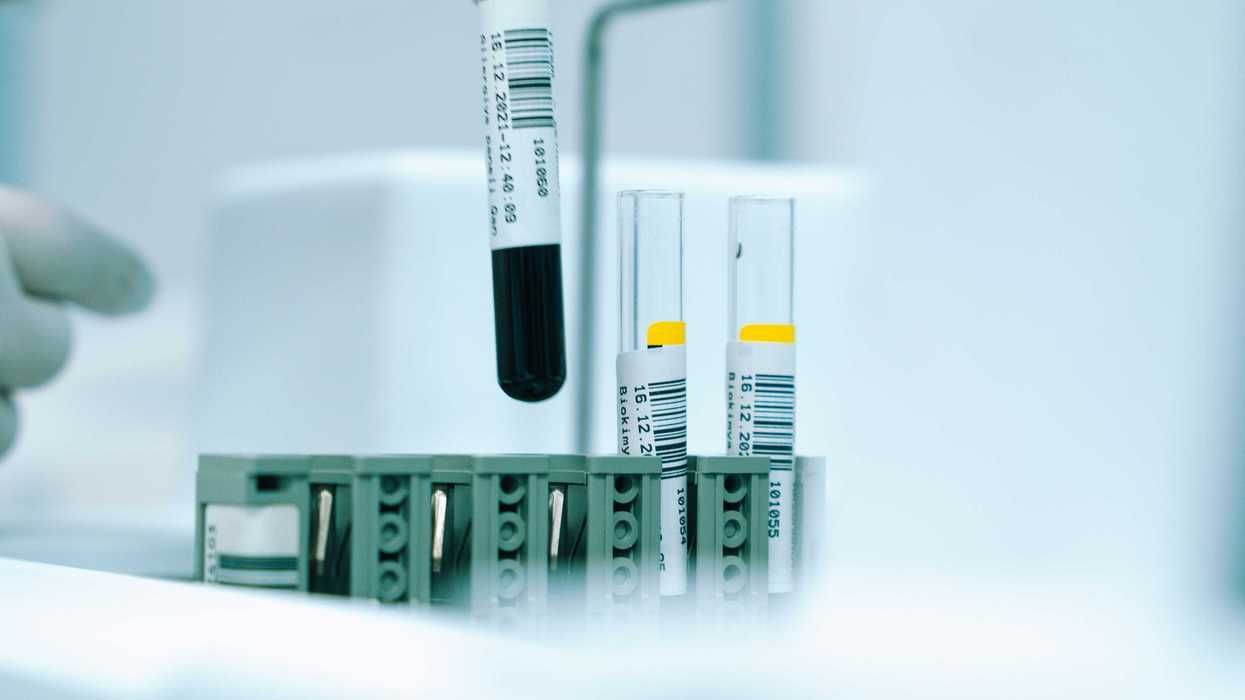A recent study published in Biomedicines suggests that taking probiotics may help protect pregnant women’s gut microbiome, potentially reducing the negative impacts caused by endocrine disrupting chemicals (EDCs).
In short:
- Exposure to EDCs can reduce the presence of healthy gut bacteria.
- Because the microbiome plays a role in reproductive, metabolic, and neurobehavioral health, this disruption in pregnant women may impact the normal development of a fetus.
- Animal studies suggest that probiotics help reduce changes to the microbiome caused by EDCs, and may also minimize the amount of EDCs absorbed by both the mother and baby.
Key quote:
“Until government policies are enacted across the world to prevent the manufacture and release of EDCs, alternative prevention and remediation strategies are needed, including in pregnant women seeking to protect their own health.”
Why this matters:
The use of endocrine disrupting chemicals in consumer products is so widespread that it’s nearly impossible for individuals - including pregnant women - to completely avoid exposure. While lifestyle strategies such as taking probiotics may be helpful in mitigating some of the effects of EDCs, the most effective way to prevent exposure and protect human health is through strong and effective regulations on the creation and use of harmful chemicals.
Related EHN coverage:
- American Heart Association: Children must be protected from health threats of environmental toxics
- Understanding how the environment affects pregnant people’s health
More resources:
- SafetyNEST provides resources on how to reduce environmental exposures while pregnant and at home.
- American College of Obstetricians and Gynecologists: Reducing Prenatal Exposure to Toxic Environmental Agents

















